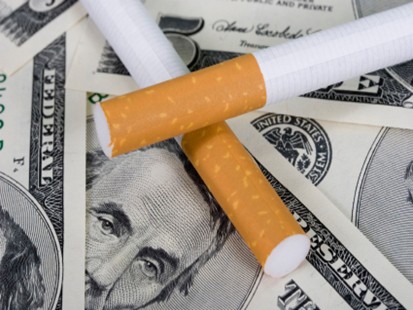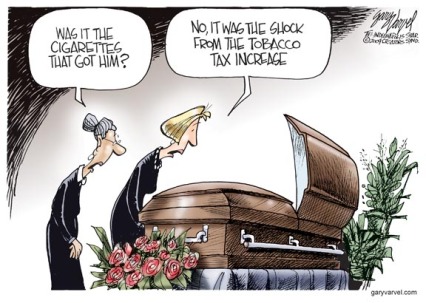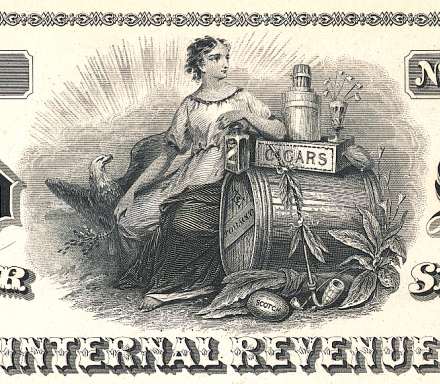Tobacco Tax Detail
High quality global journalism requires investment. Please share this article with others using the link below, do not cut & paste the article. See our Ts&Cs and Copyright Policy for more detail. Email ftsales.support@ft.com to buy additional rights. http://www.ft.com/cms/s/0/dd8a763a-4072-11e2-8e04-00144feabdc0.html#ixzz2Jw87DhvK
When the chancellor reached the end of his Autumn Statement on Wednesday without mentioning cigarette duty, smokers no doubt exhaled a sigh of relief. It meant a temporary reprieve from paying more than £8 for a packet of 20.
But another significant threshold has already been breached, which threatens tobacco companies’ ability to raise pack prices to offset falling volumes. According to research by Investec, it now takes more than half an hour of work, at average manufacturing wages, to afford a packet of cigarettes. In 1992, it took only 17 minutes.High quality global journalism requires investment. Please share this article with others using the link below, do not cut & paste the article. See our Ts&Cs and Copyright Policy for more detail. Email ftsales.support@ft.com to buy additional rights. http://www.ft.com/cms/s/0/dd8a763a-4072-11e2-8e04-00144feabdc0.html#ixzz2Jw8CfNFA
This affordability measure reveals a trend that many smokers may not have noticed: every time the government increases tobacco duty, tobacco companies put their prices up further.
“If tax goes up by 12p, they will increase the pack price by 13p, so operating margins go up too,” says Ed Salvesen, analyst at broker Brewin Dolphin. “The smoker believes it’s just the government. That’s why it’s rare to get price increases at any other time except after the Budget when it’s headline news.”
Using tax changes as a smokescreen for price rises has allowed tobacco companies to maintain their earnings as cigarette consumption in the UK and Europe has continued to fall.
High quality global journalism requires investment. Please share this article with others using the link below, do not cut & paste the article. See our Ts&Cs and Copyright Policy for more detail. Email ftsales.support@ft.com to buy additional rights. http://www.ft.com/cms/s/0/dd8a763a-4072-11e2-8e04-00144feabdc0.html#ixzz2Jw87DhvK
When the chancellor reached the end of his Autumn Statement on Wednesday without mentioning cigarette duty, smokers no doubt exhaled a sigh of relief. It meant a temporary reprieve from paying more than £8 for a packet of 20.
But another significant threshold has already been breached, which threatens tobacco companies’ ability to raise pack prices to offset falling volumes. According to research by Investec, it now takes more than half an hour of work, at average manufacturing wages, to afford a packet of cigarettes. In 1992, it took only 17 minutes.High quality global journalism requires investment. Please share this article with others using the link below, do not cut & paste the article. See our Ts&Cs and Copyright Policy for more detail. Email ftsales.support@ft.com to buy additional rights. http://www.ft.com/cms/s/0/dd8a763a-4072-11e2-8e04-00144feabdc0.html#ixzz2Jw8CfNFA
This affordability measure reveals a trend that many smokers may not have noticed: every time the government increases tobacco duty, tobacco companies put their prices up further.
“If tax goes up by 12p, they will increase the pack price by 13p, so operating margins go up too,” says Ed Salvesen, analyst at broker Brewin Dolphin. “The smoker believes it’s just the government. That’s why it’s rare to get price increases at any other time except after the Budget when it’s headline news.”
Using tax changes as a smokescreen for price rises has allowed tobacco companies to maintain their earnings as cigarette consumption in the UK and Europe has continued to fall.
Tobacco Tax
Tobacco Tax
Tobacco Tax
Tobacco Tax
Tobacco Tax
Tobacco Tax
Tobacco Tax
Tobacco Tax
Tobacco Tax
Tobacco Tax
Tobacco Tax
Tobacco Tax





No comments:
Post a Comment